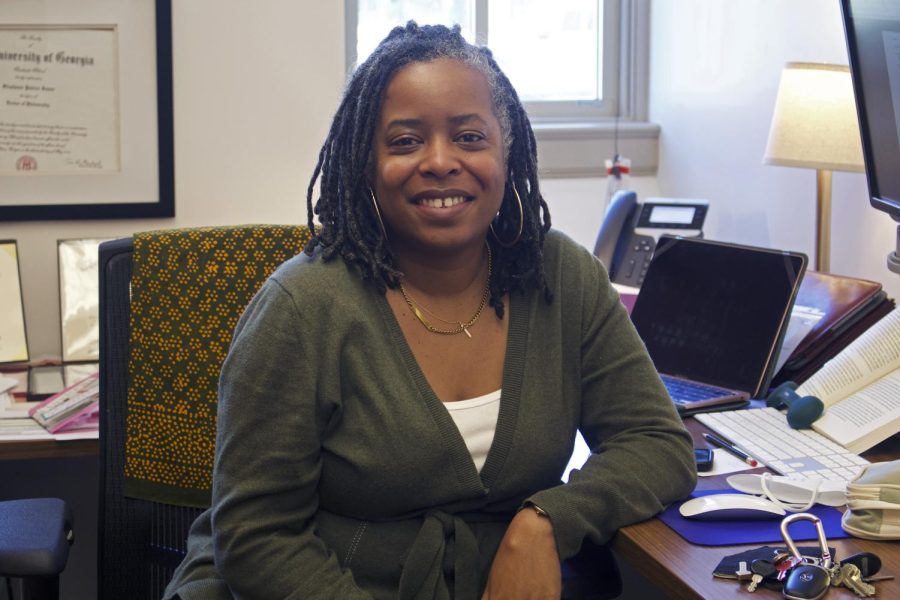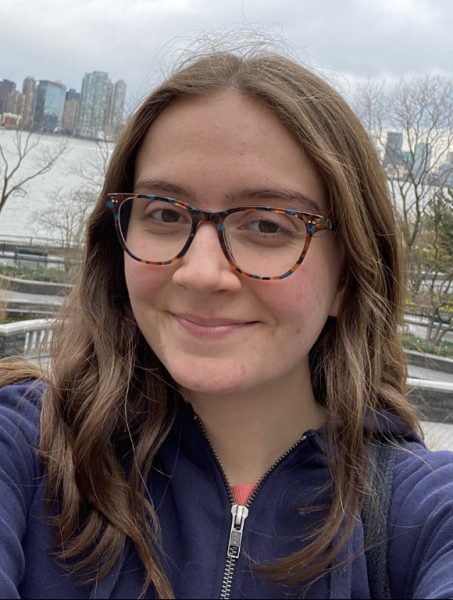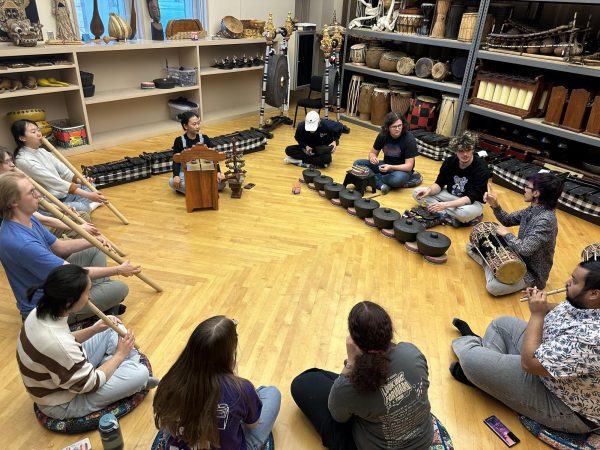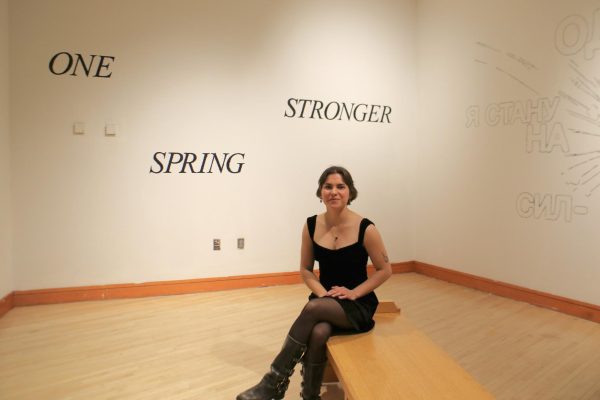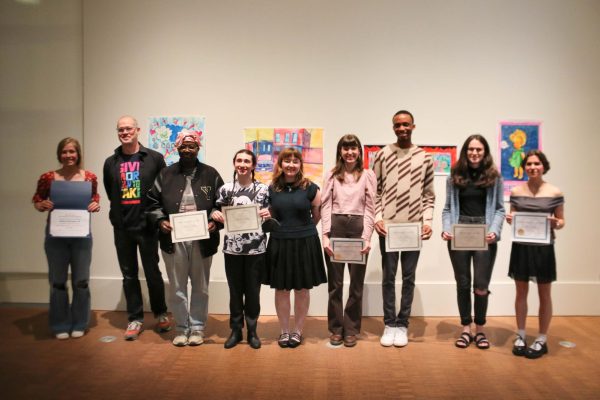African diaspora studies department approved by College
Stephanie Jones, associate professor of education, helped bring in consultants to build the department, planned for fall 2023.
May 1, 2023
The faculty of Grinnell College recently approved a new African diaspora studies department to be implemented as early as the fall of 2023. According to the proposal for the department submitted to the Executive Council, the department will offer an interdisciplinary curriculum focused on Black intellectual culture and production through a study of historical and contemporary contributions from Africa, the Americas and the Caribbean, and will be included in the social studies division. The creation of this department comes after decades of similar but short-lived programs at the College.
In 1971, the Concerned Black Students (CBS) chained the doors to Burling Library and presented 10 demands to make life on campus better for Black students. One of the demands was to create a Black studies major, which was realized in 1972 but quickly ended in 1979 due to a lack of student interest. Variations on the Black studies major have evolved throughout Grinnell’s history, though none lasted as long as the Africana studies concentration implemented in 1996.
Created and chaired by Katya Gibel Mevorach, professor of anthropology, the program lasted until 2005 and featured a robust conference series and coursework.
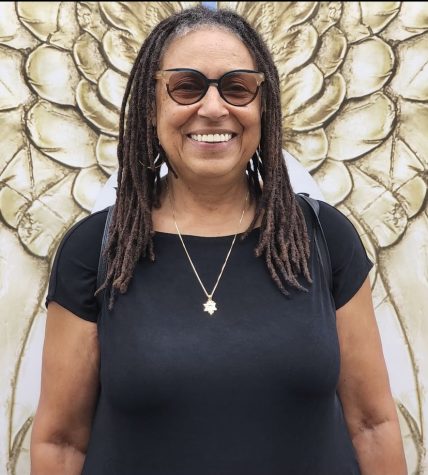
During her time as chair, Mevorach said the concentration as it existed was “never defined by targeting a specific audience.” Rather, she said Africana studies sought to embrace the idea that “the presence of Africanism is global, it’s everywhere.”
Students in the program had the opportunity to publish their papers in two volumes released at the conferences. One student, Fredo Rivera `06, now an assistant professor of art history at the College, wrote an essay about how African studies “was not fixed in one place,” but about how “the law has created ideas about Blackness,” Mevorach said.
Eventually, the faculty leading the concentration, including Mevorach, decided it was time to end it. “I stepped down because I thought that a program should succeed based on the program and not the person,” Mevorach said. Once she stepped down as chair, the program dwindled and eventually merged into American studies. Mevorach said part of the reason it dwindled was because students did not want to take a concentration.
Clark Lindgren, chair of the faculty and Patricia A. Johnson, professor of neuroscience, described the difference between a concentration, major and a department. Whereas majors are defined by “a collection of courses,” departments are defined by a “collection of faculty,” he said. According to Lindgren, departments are inherently interdisciplinary, and they have the responsibility for serving students beyond the major.
“The problem with concentrations is they are even more elusive than majors. They don’t have any home,” Lindgren said. “They don’t involve as many courses, and they tend to wax and wane depending on student interest.”
Given the history of Black and Africana studies majors and concentrations fading quickly at Grinnell, the desire for creating an African diaspora studies department was to give it more permanence.
During the COVID-19 pandemic, a group of faculty and staff met virtually to figure out how to facilitate the development of an African diaspora studies department at Grinnell. The group, including Stephanie Jones, associate professor of education, helped bring in two consultants with experience build- ing departments connected to African diaspora or Black studies, and they gave advice about what the faculty should be aware of when approaching the creation of the department. A report was then sent to the president’s office and the dean’s office, who took over fundraising and organizing a faculty vote.
Beronda Montgomery, vice president of academic affairs and dean of the College, worked at the fundraising stage, communicating to external donors the purpose of the program and how it was different from other similar Black studies at Grinnell. “Part of that difference was the establishment of a department and the ongoing fund- raising for an endowed chair. Having an endowed chair position and a department communicates a longer term commitment,” Montgomery said.
Jones said, “situating it as a department was strategic. Rather than bringing in one faculty member to begin a program, we wanted to house it structurally at the College.”
The Executive Council recently passed the faculty’s proposal for the department. The next step will be hiring a senior-level endowed faculty member, who will be integral to the process of developing the curriculum and goals of the department, and hiring two additional faculty members. As such, the future of what the department will look like and what classes will be taught is unknown to everyone involved.
According to Jones, the importance of this department at Grinnell should not be questioned. “I wonder if any other major or concentration has been asked about their importance or of why they should exist. Why do we have chemistry? We’re not hating on chemistry. We totally need that as a major and a field to exist. And I feel the same way about African diaspora studies,” she said. “The reality is that this is something that we need as much as we need air and water.”
“There’s evidence that having such a department can help contribute to a culture that more broadly impacts recruitment and retention of students, staff and faculty from diverse back- grounds,” Montgomery said.
Will Donaldson `23 said he did research with Makeba Lavan, professor of English, that would have fit into the African diaspora studies department if it was offered during his time at Grin- nell.
“I think Grinnell College should make it a requirement for students to take at least one course in the department when it’s fully established,” Donaldson said. “I think it’s so important for white students to be thrust into that classroom scenario and to actively take part rather than sit silently and watch as Black students take on the emotion- al labor of educating us.”
Compared to other similarly ranked liberal arts colleges, Grinnell College is the “only one of our peer institutions that does not have something either related to Africana or Black studies,” Jones said. “And for me, that is unacceptable. I want there to be a place for every student to take advantage of what it means to be in the study of Black life. And when we’re talking about Black life, we’re talking about Black life across the globe.”
Jones said she is hopeful for the students and the classes of the African diaspora studies department.
“Just enroll, be interested, be curious, even if you know that this is something that you have an interest in or something you have never heard of before but you thought it might be interesting,” Jones said. “Let’s create a space where you can find time to study about this work.”




























































